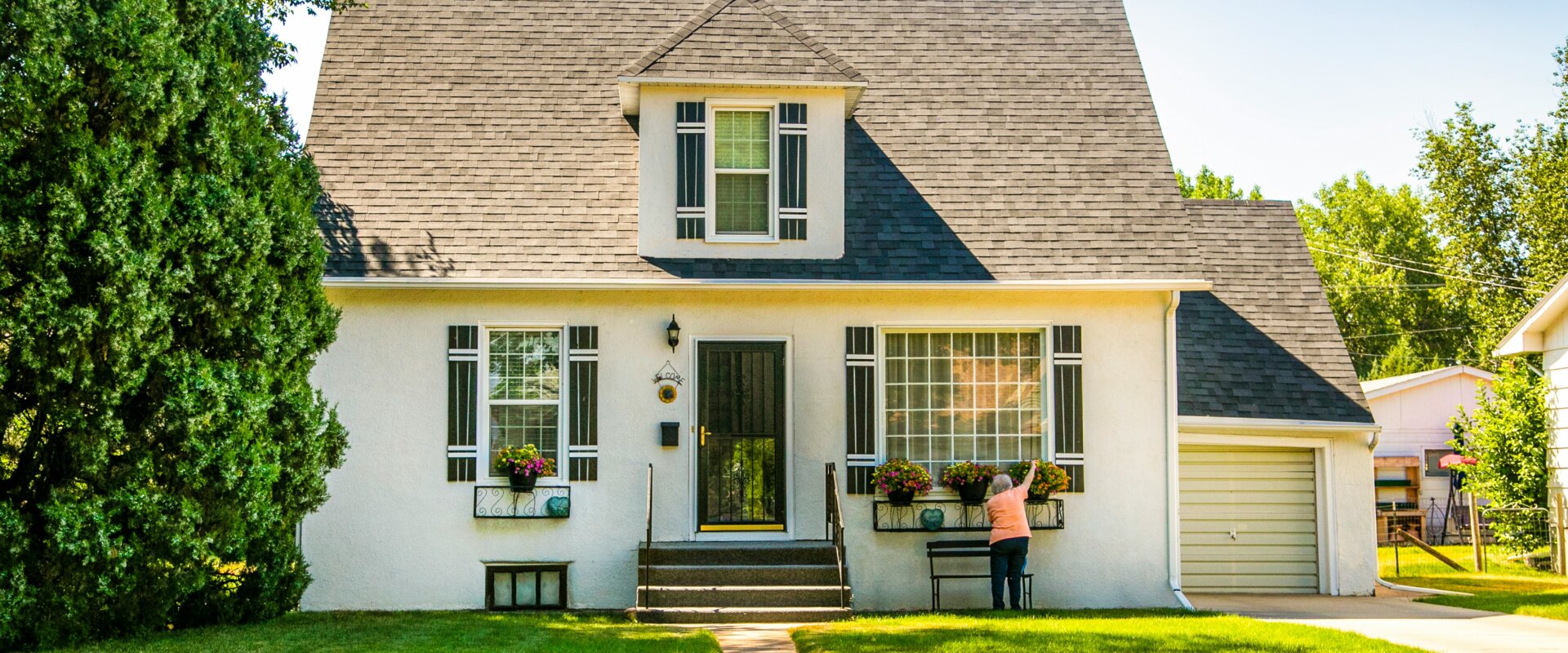Dealing with the property of a loved one who has passed away can be a daunting and emotionally challenging task. In the state of Colorado, understanding the legal and practical steps involved in handling property after someone’s death is crucial to ensure a smooth transition of assets. This comprehensive guide will provide you with valuable insights on what to do with property when someone dies in Colorado, addressing key legal and practical aspects.
- Secure the Property:
The first step in handling property when someone dies is to secure it. Ensure the deceased person’s home, vehicles, and any other valuable possessions are safely locked and protected to prevent unauthorized access or theft.
- Determine Ownership:
Identify the ownership structure of the property. In Colorado, property can be owned individually, jointly, or through various forms of co-ownership, such as tenancy in common or joint tenancy. The type of ownership will dictate how the property is transferred after death.
- Probate Process:
In Colorado, the probate process is used to distribute a deceased person’s assets according to their will or state law if there is no will (intestate succession). To initiate probate, you’ll need to file a petition with the local probate court. Consult an attorney experienced in probate matters for guidance through this legal process.
- Executor or Personal Representative:
The person named as the executor or personal representative in the deceased’s will (or appointed by the court) is responsible for managing the estate and ensuring the property is distributed according to the deceased’s wishes or state law.
- Inventory and Appraisal:
An inventory of all the decedent’s assets, including real estate, must be prepared and submitted to the court. An appraisal of the property’s value may be required to determine its worth for taxation and distribution purposes.
- Pay Outstanding Debts and Taxes:
Before property can be distributed to heirs or beneficiaries, outstanding debts and taxes, including estate taxes and property taxes, must be settled. The estate is responsible for covering these expenses.
- Distribution of Property:
Once all debts and taxes are paid, the remaining property can be distributed according to the terms of the will or state law. Jointly owned property may transfer directly to the surviving co-owner(s) without going through probate.
- Real Estate Transfer:
Transferring real estate in Colorado typically requires filing a Personal Representative’s Deed or a Beneficiary’s Deed. These documents facilitate the transfer of property to the intended recipients.
- Consult an Attorney:
Navigating the legal intricacies of property distribution in Colorado can be complex, and it’s advisable to consult with an attorney specializing in estate planning and probate matters. They can provide guidance on specific legal requirements and help you avoid potential pitfalls.
- Seek Emotional Support:
Dealing with the property of a deceased loved one can be emotionally taxing. Seek support from friends, family, or professional grief counseling to help you cope with the emotional aspects of the process.
Handling property when someone dies in Colorado involves a mix of legal procedures and practical considerations. By securing the property, understanding ownership structures, and following the proper legal steps, you can ensure a smoother transition of assets. Remember to consult with legal professionals to navigate the complexities of estate distribution in the state. Additionally, don’t hesitate to seek emotional support during this challenging time.


